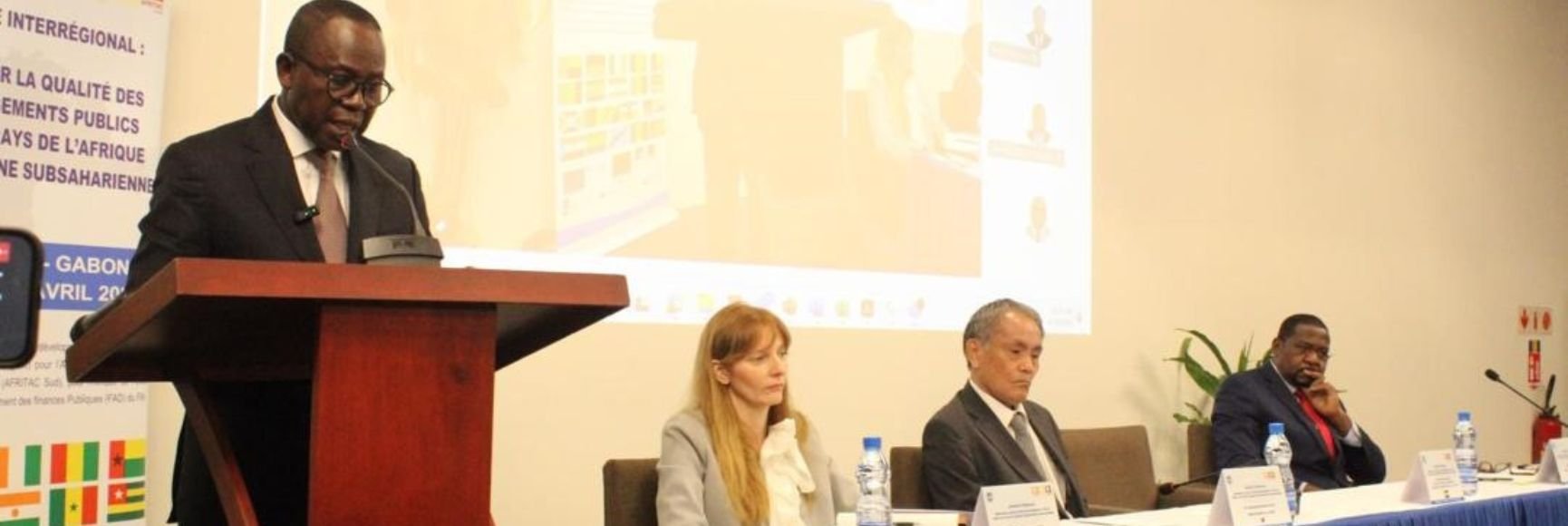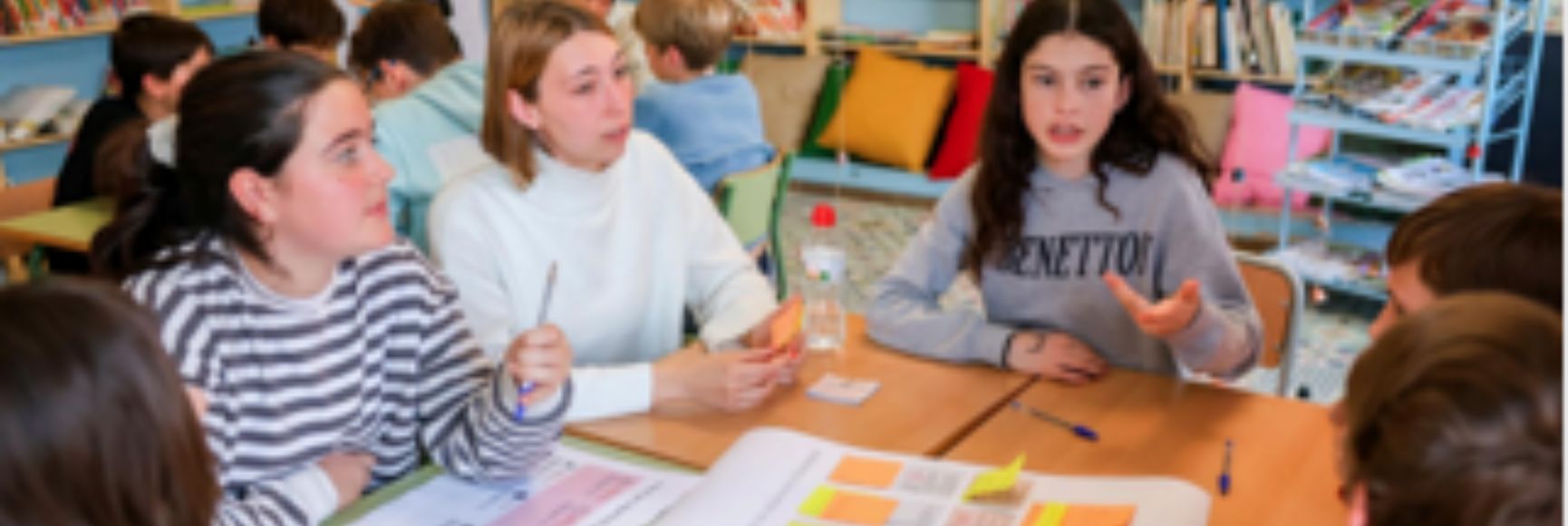The IMF, with financial support from the Governments of Japan and Germany, and in collaboration with regional technical assistance centers (AFRITACs Central and West), organized three editions of the Interregional Seminar on Public Investment Management (SEIGIP) in 2022, 2023, and 2025 in the region.
The three editions, each of which brought together some 60 senior officials from 21 sub-Saharan African (SSA) countries, mostly Francophone,[1] provided an opportunity to assess the real impact of IMF capacity development and the leverage that South-South cooperation represents.
The first SEIGIP addressed PIM challenges in the context of the COVID-19 pandemic.
The global health crisis of 2020 meant increasing health spending to save lives, at the expense of other public policies. It was in this context that the idea of organizing a SEIGIP was born. SEIGIP 1, held virtually from 1 to 3 February 2022 in the presence of representatives from 19 SSA countries, addressed the following themes:
- Public Investment Management Assessment (PIMA): by enhancing the PIMA framework to improve the efficiency of public investment (PI). An analysis of PIMA evaluations revealed an average efficiency loss of around 40 percent in the public investment of the participating countries, highlighting the urgent need to improve and formalize the reforms to be carried out.
- Responding to the impacts of COVID-19: by exploring strategies to improve PI despite the scarcity of resources and economic disruptions caused by the pandemic.
- Strengthening institutional frameworks: by reaffirming the prerequisite of sound legal and institutional frameworks for effective PIM.
- Climate Change (CC): discussing methods for identifying and supporting CC-sensitive PIs.
The second SEIGIP continued to focus on PIM reforms by addressing a wide range of topics.
SEIGIP 2 took place in Abidjan, Côte d'Ivoire from May 30 to June 1, 2023, and addressed the following issues:
- Project appraisal and selection: describing good practices in this regard.
- Budgeting and execution: emphasizing the link between the quality of budgeting and the quality of execution and demonstrating the virtues of using multiyear budgetary authorizations combined with annual payment appropriations.
- Asset management: emphasizing the importance of hierarchical and sustainable management of public assets.
- Fiscal risks: by mapping the main risks and methods for quantifying their likelihood and impact.
The third SEIGIP delved deeper into the upstream phases of the PIM cycle.
Held in Libreville, Gabon from 28-30 April 2025, SEIGIP 3 focused on:
- Ex-ante evaluation: by demonstrating the need to systematize the use of ex-ante evaluation to improve project selection.
- Project selection: by sharing and deepening good practices (procedures, criteria) for project selection (including strategic alignment, socioeconomic return, technical maturity, financial viability, and cross-cutting impacts), and the integration of criteria specific to public-private partnerships (PPPs).
- PIM digitalization: by describing PIM’s macro-processes for its digitalization, as well as the processes for aligning its information system with the budgetary information system.
Successive SEIGIPs illustrate the value of a long-term exchange involving technical assistance (TA) providers and national experts:
An increasing technicality of exchanges. Many participants attended two or all three editions, reflecting a growing mastery of the subjects owing to the TA provided between the editions by the IMF and its regional centers. The SEIGIP thus appears to be an appropriate forum to provide answers/guidance to complex problems.
Country experiences: a strong participative lever. Country experiences generate the most debate amongst participants, based on questions and answers, and subsequent reactions.
Practical exercises: an indicator of consensus. Carried out in groups, they proved to be very productive and gave a collective dynamic to the work. These group activities also allowed participants to connect and establish professional connections.
A format that is now stabilized and acclaimed. A large majority of the participants in the SEIGIP3, or 97.7%, believe that they will be able to put into practice the knowledge and skills acquired. Participants strongly agreed (60%) or agreed (40%) that the seminar content will contribute to enhancing the quality of the PIs. 95.6% say they are satisfied overall, and all without exception enjoyed the content offered. Finally, the tutorials aroused great enthusiasm with 91.1% positive appreciation.
A strong need to consolidate the momentum that has been set in motion.
The experience acquired over the past 3 years allows us to identify areas for improvement by:
- extending the duration of the SEIGIP over four and a half days (which would allow for the conduct of several practical exercises and in-depth training on a theme).
- allowing the dissemination during the SEIGIP of the best practices mentioned (texts, manuals, etc.).
SEIGIP 4 is scheduled to take place from 26 to 30 January 2026 in Nouakchott, Mauritania.
[1] Benin, Burkina Faso, Burundi, Cameroon, Central African Republic, Republic of Congo, Union of Comoros, Côte d'Ivoire, Democratic Republic of Congo, Chad, Côte d'Ivoire, Gabon, Guinea, Guinea-Bissau, Madagascar, Mali, Mauritania, Niger, São Tomé and Príncipe, Senegal, and Togo.




